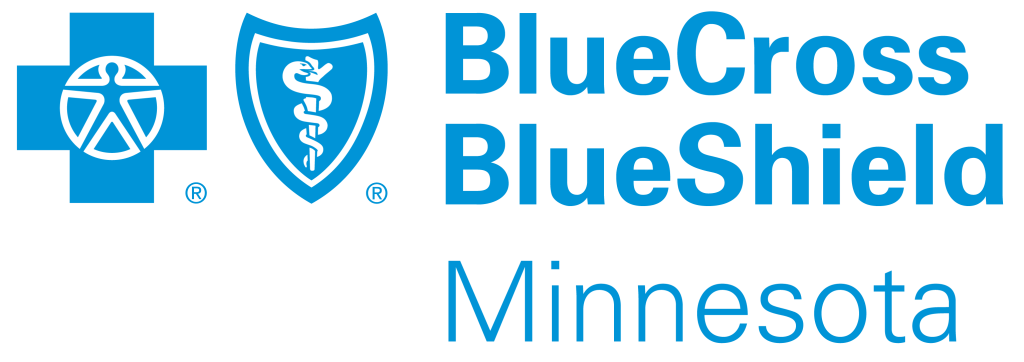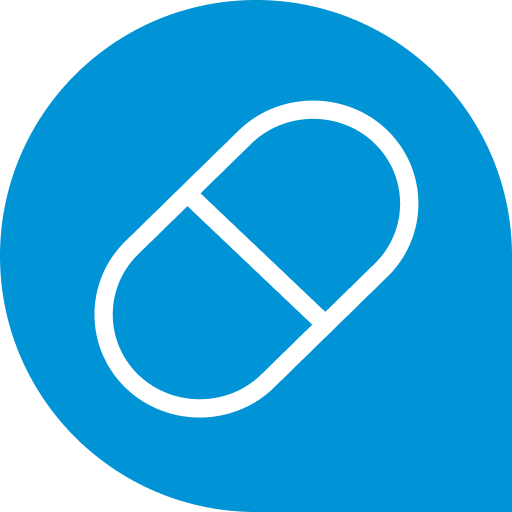Member: I received a letter that said I may be on a “high-risk medication.” What does that mean? Should I stop taking that medication? —Robert, Thief River Falls
➽: Hi Robert! That’s an important question. As we age, our bodies begin to process some medications differently. Our muscles and body fat can change, keeping medications in the body longer, and the kidneys and liver may take more time to process medications out of the body. All of this may cause medications that worked well for you in the past to now be too strong or too weak for you. This can also cause some medications to have a higher possibility of negative side effects, such as dizziness, risk of falls, or confusion. Medications that are known to have a higher rate of serious side effects in older adults are often referred to as “high-risk medications.” High-risk meds include common medications that can be purchased over the counter, such as Benadryl (also known as Unisom and found in Tylenol PM) or Bonine (also known as Meclizine) as well as some prescription medications.
All of this means that it is important for you and your doctor or pharmacist to make sure to review all of the medications you are taking and make sure they are working right for you. If you are told that you are taking a high risk medication, do not stop taking the medication. Talk to your doctor or pharmacist to understand if the medication is the best choice for you and if there may be a safer, effective option. To help your doctor and make sure your medications are working as they should, bring in an updated list of all your medications, including supplements and over the counter medications. Also, fill all of your prescriptions at a single pharmacy or pharmacy chain so that they can help you keep track of potential medication concerns. And remember, if you have any questions about your medications, write them down and bring them to the doctor or pharmacy.



